Getting to Know Your Bible, Part 5
| By Sean Cavender |
Throughout our study of getting to know our Bibles, we have seen the two major divisions in our Bible: the Old Testament and New Testament. The Old Testament has 39 books, whereas the New Testament has 27 books, for a total of 66 books in our Bibles.
The Old Testament was God’s revelation and will made known specifically to the nation of Israel. It contained promises of a Messiah that would come and save all people who might believe, not just Israelites. So when Christ came, He has given us a new law and a better covenant. That law is revealed in the New Testament. So what are some of the major points of emphasis in the New Testament?
We learn the plan of salvation. God sent His only begotten Son to this world so that those who believe in Him may have eternal life (John 3:16). Those who believe the gospel of Jesus Christ will be saved (Romans 1:16). Those who obey the truth will be granted life everlasting. However, those who do not obey the gospel will not be saved, but will suffer eternal death (2 Thessalonians 1:8-9).
So what does it mean to obey the gospel? And how do we do it? We must have faith which comes through hearing the words of God (Romans 10:17). We then must repent of our sins, or we will remain in sin and perish (Luke 13:3, 5). Then we must confess our faith in Christ as the Son of God who died for our sins (Matthew 16:16; Romans 10:9-10). We must be buried with Christ in baptism, united with Him in his death and His resurrection, being given new life (Romans 6:3-6). Finally, we must live to serve God in holiness and faithfulness (Romans 6:12-14). As we serve God faithfully in obedience to the gospel, we can look forward to the reward of receiving the crown of life (James 1:12).
The New Testament also teaches us how to worship God. We must worship Him in spirit and in truth (John 4:24). While we must engage the heart in worship, we must also engage the mind to properly worship (1 Corinthians 14:14-15). We worship God through prayers and thanksgiving, petitioning the throne of God for grace and mercy. We also sing praises to God (Colossians 3:16; Ephesians 5:19). The New Testament gives no commandment of using instruments in worship, but only commands that we sing, engaging the heart and mind. We preach and teach God’s word for the use of edifying the church (Acts 20:7). We also remember the Lord’s death by partaking of the Lord’s Supper each first day of the week (Acts 20:7). Members of the local congregation also give of their means to support the work of the church (1 Corinthians 16:1-2).
The New Testament is our guide and authority and we learn the plan of salvation and how we should properly worship God.

